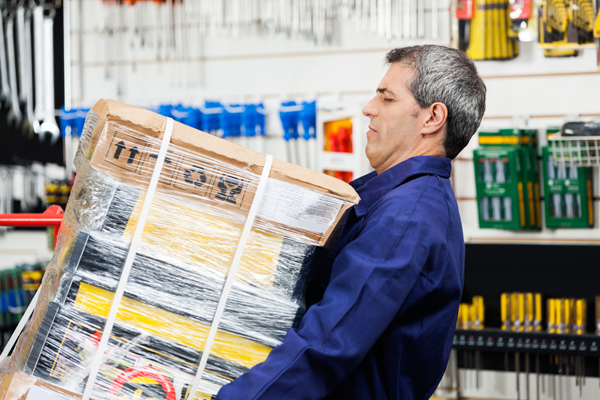Do You Have a Hernia? Common Signs and Treatments

For an appointment within 24 hours, call 888-7-HERNIA (888-743-7642).
We rely on our muscles for everything our body does. From breathing to moving heavy objects, we expect our muscles to work the way they should for certain tasks.
But sometimes, muscles can weaken and tear, and a hernia could result. The Lancet journal reports more than 20 million hernias are repaired every year around the world.
“Hernias are common and can affect men, women and children. Most hernias occur in the abdomen,” says Patrick Elliott, D.O., general surgeon for the Crozer Health Comprehensive Hernia Program. “Hernia repair surgeries are frequent in general surgery.”
What is a Hernia?
While there are many different types of hernias, all happen in a similar way. When there is a weak spot in a muscle surrounding an organ, the organ or fatty tissue can squeeze through this weakened area.
All hernias are caused by a combination of pressure and a weakness or opening in a muscle. This muscle weakness can start at birth or happen later in life.
“Some people are born with certain weak muscles,” says Elliott. “Others develop conditions or habits that can also weaken muscles. Obesity, poor nutrition or smoking can raise your risk for hernia.”
Lifting heavy objects, diarrhea, constipation, or persistent coughing or sneezing can also cause muscles to weaken.
Signs You May Have a Hernia
There are also common symptoms among different types of hernias you should keep an eye out for. It is important to seek medical attention if you have severe pain that seems out of the ordinary.
“Symptoms of hernia include an obvious swelling of the skin in the abdomen or groin area, constipation or bloody stool with a heavy feeling in the stomach, or discomfort in the abdomen or groin when lifting something or bending over,” Elliott says.
If you think you have a hernia, get in touch with your doctor. If you think you have a hernia and you have pain, nausea or are unable to pass gas or a bowel movement, seek medical attention immediately.
Treatment Options
Your doctor’s first step will be to give you a comprehensive physical exam. Commonly, a hernia can be felt or seen from swelling under the skin. Your doctor may also give you an ultrasound or X-ray to locate the hernia or see if there is a bowel obstruction.
Sometimes it is possible to live with a hernia and monitor it, but there is a risk the hernia may cut off blood flow and strangulate the protruding organ. This can then lead to infection, or even death. It is important to discuss your options with a doctor before deciding whether or not to treat a hernia.
“Standard treatment for most hernias is repair surgery. In a hernia repair surgery, the herniated tissue is repositioned and, if an organ is strangulated, the oxygen-starved area is removed,” Elliott says. “The damaged tissue is then often replaced with synthetic tissue or mesh.”
